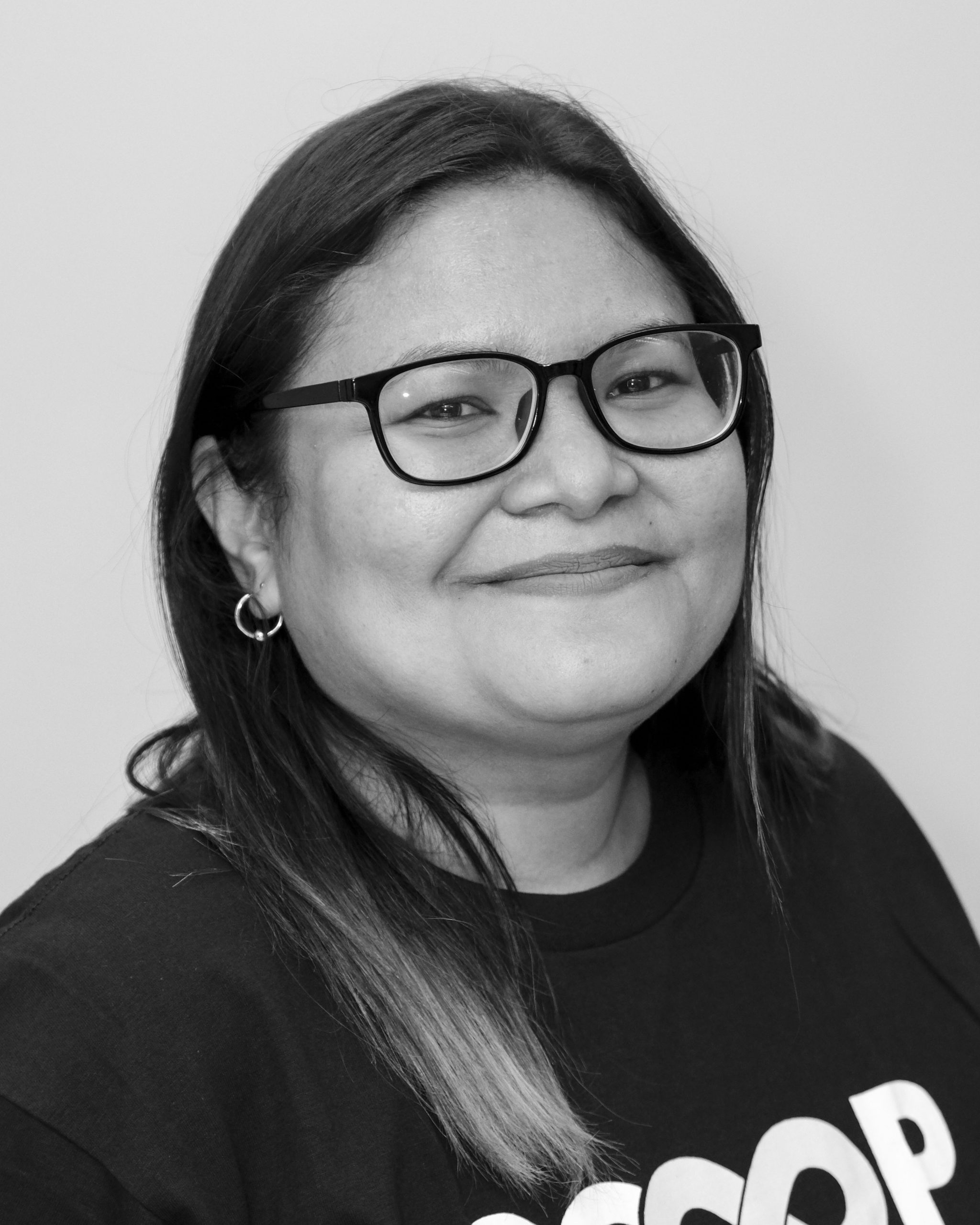KUALA LUMPUR – Home Minister Datuk Seri Saifuddin Nasution Ismail is confident proposed constitutional amendments on citizenship, including the controversial portions that remove automatic citizenship for foundlings, will be passed by MPs.
He said he would explain in detail the purpose of the amendments to MPs in a series of consultations, and hoped these briefings would address concerns and objections that have been raised.
“I am now holding a series of explanations to members of Parliament. And I am confident if given the chance to continue explaining, as I have explained to the media, I am confident these amendments will receive the support needed,” he said at a police event in Cheras today.
The unity government currently has more than two-thirds support in the Dewan Rakyat. Changes to the Federal Constitution require votes from two-thirds of the total 222 MPs.
The controversial amendments involve changes to the Federal Constitution that will no longer give citizenship by operation of law, or automatically, to foundlings, stateless children adopted by Malaysian parents, and children born out of wedlock.
Various MPs besides civil society organisations have called these proposals cruel and unjust to the children as statelessness will deprive them of access to education, healthcare and other basic rights.
Saifuddin, however, explained to reporters today that the amendments did not mean foundlings would be deprived of citizenship, as long as their details are registered as soon as they are found.
Those who are helping to apply for their citizenship must act swiftly to obtain relevant documents from police, the hospital and the Social Welfare Department.
He said this approach will help prevent registration of births via syndicates.
He also said the waiting time for citizenship approval has been reduced to one year, compared to five to seven years previously.
MPs from the unity government who are on record as opposing these amendments include PKR lawmaker, Hassan Abdul Karim (Pasir Gudang), who on Sunday said he would not support the bill. He said there was no good reason for Putrajaya to change the law that currently shows “compassion” and “humaneness” towards abandoned children.
Hassan also said the power to decide who is given citizenship should not be removed from the Federal Constitution and placed in the hands of the home minister and government bureaucracy, adding that such a move was akin to punishing innocent children.
Another MP who has opposed the amendments is DAP lawmaker, Ramkarpal Singh, who is Bukit Gelugor MP and former deputy law minister. Calling the proposal “regressive”, he has said the government should either retract or defer the amendments.
Ipoh Timur MP Howard Lee is another DAP lawmaker who last year warned that several backbenchers may go against their party’s whip when the controversial changes are put to a vote in Parliament.
He said the Home Ministry should “decouple” the contentious amendments from the initial proposal to grant Malaysian mothers the right to pass on citizenship to their overseas-born children.
Other DAP MPs who last year expressed concerns about the proposals include Bangi lawmaker Syahredzan Johan and Seputeh MP Teresa Kok. – March 11, 2024


